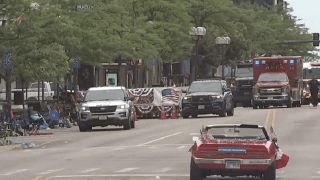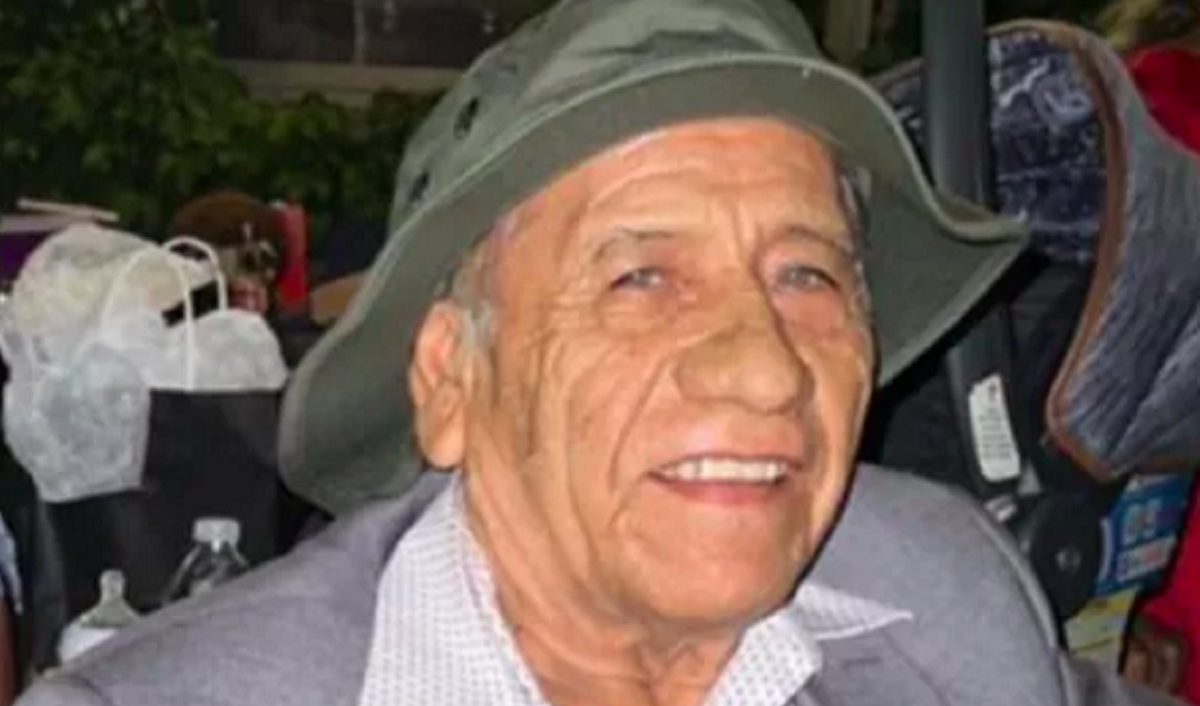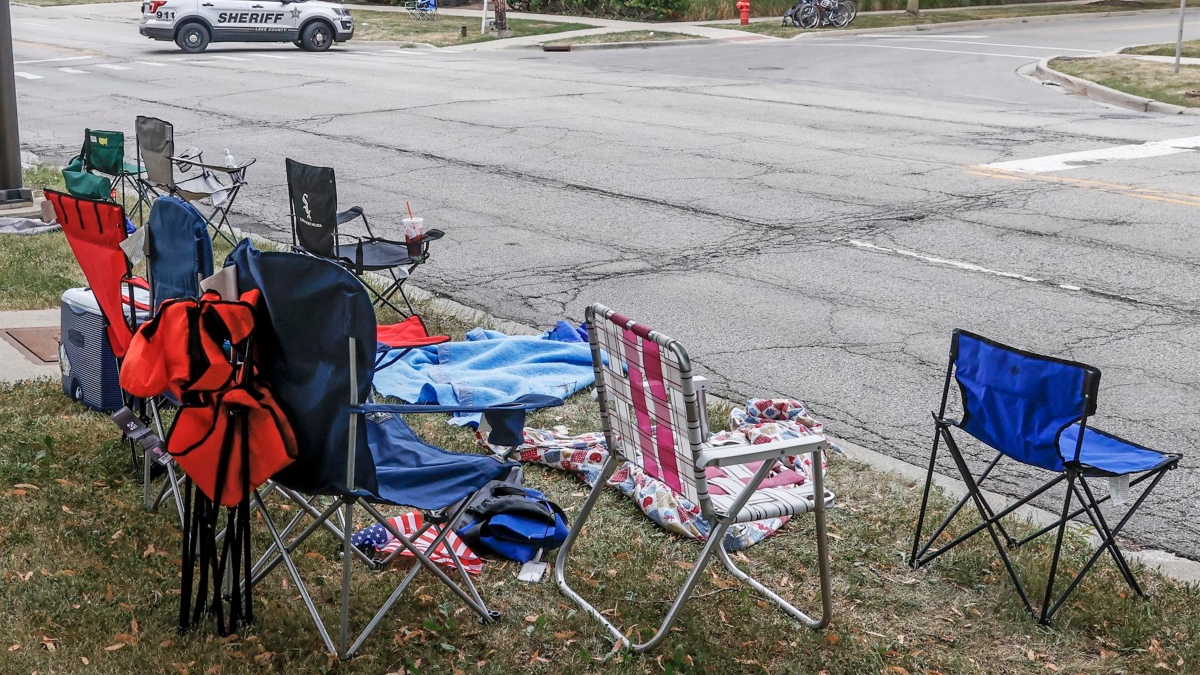
The federal government’s Interagency Working Group on Youth Programs recently compiled a list of resources to help children, families, educators and community members cope after mass shootings.
During Highland Park's Fourth of July parade on Monday, a gunman shot into the crowd, killing six people and injuring at least dozens of others. After an eight-hour manhunt, authorities took the suspect into custody.
National Child Traumatic Stress Network
- Mass Violence Resources
- After a Crisis: Helping Young Children Heal
- Age-Related Reactions to a Traumatic Event
- Childhood Traumatic Grief: Information for Mental Health Providers
- Childhood Traumatic Grief: Youth Information Sheet | German version, Ukrainian version
- Coping after Mass Violence — For adults
- Creating Effective Child- and Family-Focused Disaster Behavioral Health Messages on Social Media
- For Teens: Coping After Mass Violence | Spanish version
- Guiding Adults in Talking to Children about Death and Attending Services
- Help Kids Cope
- Helping School-Age Children with Traumatic Grief: Tips for Caregivers | Spanish version
- Helping Teens with Traumatic Grief: Tips for Caregivers | Spanish version
- Helping Young Children with Traumatic Grief: Tips for Caregivers | Spanish version
- Helping Youth after a Community Trauma: Tips for Educators | Spanish version, Chinese version
- Pause-Reset-Nourish (PRN) to Promote Wellbeing
- Talking to Children: When Scary Things Happen | Spanish version
- Talking to Children about the Shooting
- Talking to Teens about Violence | Spanish version
- Tips for Talking to Students about Violence
Resources on Mass Violence
- Mass Violence/Community Violence
- Improving Community Preparedness to Assist Victims of Mass Violence and Domestic Terrorism
- Survivors and Witnesses After Traumatic Events
Resources for Children, Youth, Parents and Other Caregivers, and Schools
- Resources for children
- Resources for adolescents
- Resources about children and disaster
- Resources about adolescents and disaster
- Children and Disasters — from the Disaster Survivors portal
- Tips for Talking With and Helping Children and Youth Cope After a Disaster or Traumatic Event: A Guide for Parents, Caregivers, and Teachers
- Understanding Child Trauma
- SchoolSafety.gov
- Helping Your Child Cope With Media Coverage of Disasters: A Fact Sheet for Parents | Spanish version
- Recovery From Large-Scale Crises: Guidelines for Crisis Teams and Administrators
- Resilience and Coping Intervention (RCI)
- Responding to Stressful Events: Helping Children Cope
Resources from the National Mass Violence and Victimization Resource Center
- Transcend — iOS mobile app to assist with recovery after mass violence
- Rebuild your Community — For community leaders
- Media Guidelines for Homicide Family Survivors
- Timeline of Activities to Promote Mental Health Recovery
- Self-Help — Resources for survivors
- Online Clinical Trainings
- Victim Service Professionals
- Unexpected Challenges for Communities In the Aftermath of a Mass Violence Incident
Feeling out of the loop? We'll catch you up on the Chicago news you need to know. Sign up for the weekly Chicago Catch-Up newsletter.
Resources from the Center for the Study of Traumatic Stress at the Uniformed Services University
Copyright Chicago Sun-Times



